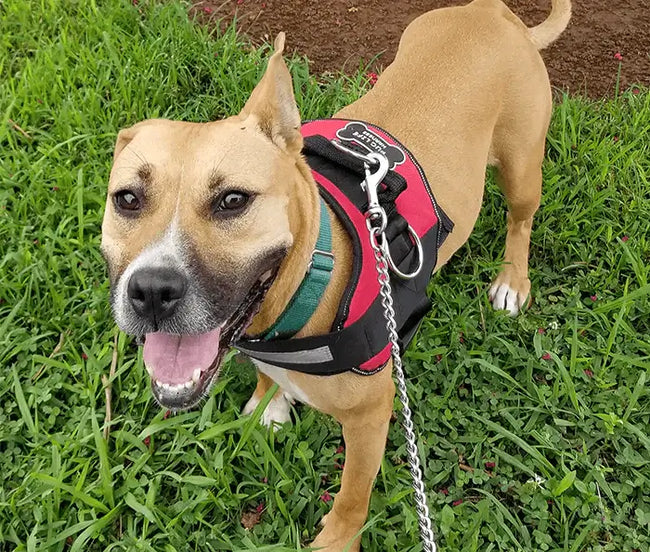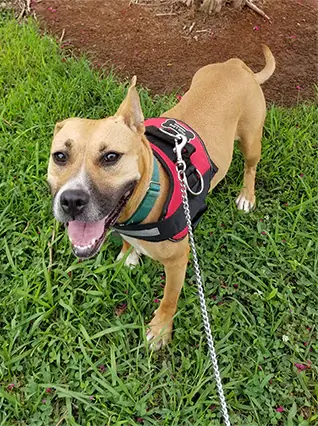Why Do Dogs Need Shots?

Is your dog up to date on their vaccinations? Don’t click away now.
There’s information in this blog post you might not be aware of, and the question that brought you to this blog post stands: Why do dogs need shots? Why do dogs need vaccinations?
Understanding Vaccinations
When you learn the purpose of vaccinations and how they play a part in your dogs’ wellness, you’ll be more confident about getting your dog up to date on vaccinations. You see, vaccines contain what’s called antigens which helps mimic disease-causing bacteria and organisms (without the negative impacts) to help the immune system identify and build up that immunity against it.
In other words, vaccines are responsible for boosting immunity in order to ward off the fatal impacts of diseases among other things.
According to the ASPCA, “Vaccines are very important to managing the health of your pet. That said, not every pet needs to be vaccinated against every disease. It is very important to discuss with your veterinarian a vaccination protocol that’s right for your pet. Factors that should be examined include age, medical history, environment, travel habits and lifestyle. Most vets highly recommend administering core vaccines to healthy pets.”
What kind of vaccinations are there?
Core vaccines are considered vital vaccinations for all pets. They’re required for all dogs and puppies and include “Canine distemper/adenovirus (hepatitis)/parvovirus vaccine (given as one vaccine called DAP or DHP)” and “Canine rabies vaccine”.
Non-core vaccines are not required but are deemed necessary depending on the living conditions and lifestyle of your dog. According to PetMD, they include the following vaccinations:
- Bordetella Bronchiseptica vaccine
- Parainfluenza vaccine (often combined with either the Bordetella or the DAP vaccines)
- Leptospirosis vaccine
- Lyme vaccine
- Canine influenza vaccine (H3N2 and/or H3N8)
How often should you vaccinate your dog?
Reported by Care Animal Hospital (CAH), “The AAHA and WSAVA have set some guidelines regarding dog vaccines. There’s no law or formal requirements for veterinarians to follow their suggested schedules for annual dog vaccines. The only vaccination required by law is rabies and this is usually done with an initial vaccination and one-year booster. Some U.S states only require it every three years.”
If you’d like to see a suggested schedule for vaccinations, check out this blog post: Pet Vaccines: How often should you vaccinate your dog?
Are there risks when it comes to vaccinating your dog?
While the chances are slim and fatal reactions are rare, dogs may react to vaccines with an upset stomach (diarrhea, reduced appetite, etc). CAH shares, “The most common adverse reactions are mild and short-term, including reduced appetite, fever, and swelling at the point of injection. Allergic reactions may appear within minutes or hours and may include vomiting, diarrhea, swelling, and difficulty breathing.”
CLICK HERE TO READ: Pet Vaccines: How often should you vaccinate your dog?
What you’ve just read is a sampling of blog posts we offer at Joyride Harness. We cover current events, informational posts, interviews, and more! You can find more content including tips and tricks and how-tos for caring for your dog on our blog at this section.























